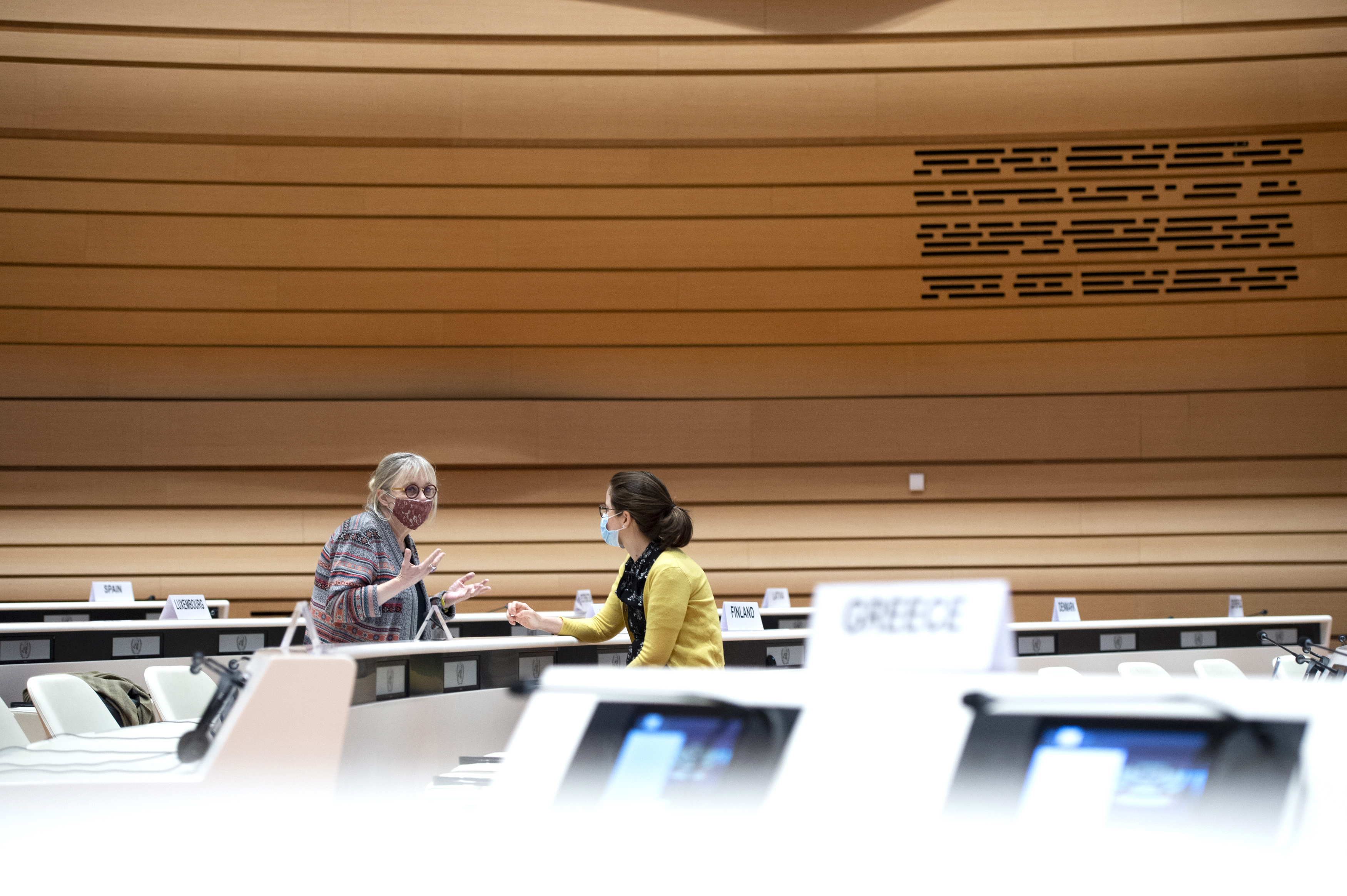Background
Across the SDGs, the importance of informed individuals, institutions and populations is clear. This is particularly true in times of crises, where having the evidence and skills necessary to respond to the unexpected is a central pillar of resilience. Yet too often, the need to gather, organise, safeguard, and enable access to evidence is an after-thought, leading to missed opportunities and poor decision-making at all levels. And when a crisis hits, it is often too late.
While the role of information is often addressed from a sectoral perspective – that of public health, of science-policy interfaces, of open science, of good governance, or of media and information literacy – it is too often not dealt with in a holistic, comprehensive way. This is inconsistent with the 2030 Agenda’s wider emphasis on integrated, cross-cutting approaches, as well as on development strategies that look to empower individuals to realise their own rights to development.
This session therefore took this perspective, bringing together insights and experience from different areas of development in order to identify commonalities and needs, and set out recommendations for how we can realise the potential of evidence to accelerate development. Through this, contributed, in particular, to ongoing work around the Global Digital Compact and Code of Conduct on Public Information.
International Federation of Library Associations and Institutions; Silesian Regional Authority, Poland; National Library of Lithuania, Lithuania; Public Health England, United Kingdom; Local Government Management Agency, Ireland; University of Lausanne, Switzerland; National University Library of Strasbourg, France


